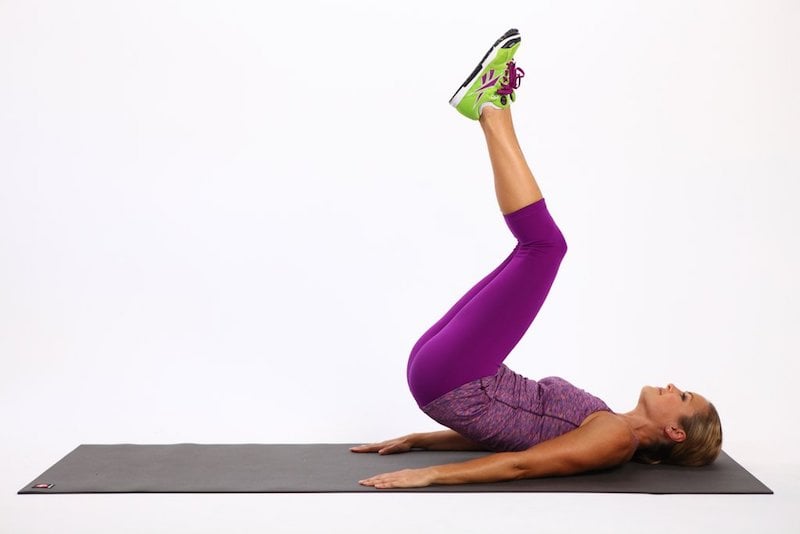Crush Your Cough: 12 Natural and Medicinal Remedies for Fast Relief
Say Goodbye to Coughing Fits with These 12 Powerful Natural and Medicine Ingredients
Coughing is a common ailment that can be caused by a variety of factors such as allergies, infections, or irritants. While a cough can be annoying and uncomfortable, there are several ways to alleviate it using natural and medicinal ingredients. From herbal remedies to over-the-counter medicines, here are 12 ways to cure a cough and get relief from its symptoms.
* 12 WAYS TO CURE A Cough WITH NATURAL AND MEDICINE INGREDIENTS
>> Honey: Honey is a natural cough suppressant and can help soothe the throat. Mix honey with warm water and lemon juice to create a natural cough syrup.
>> Ginger: Ginger has anti-inflammatory properties and can help reduce coughing. You can add ginger to tea or hot water and drink it for relief.
>> Garlic: Garlic is known for its antibacterial properties and can help fight infections that cause coughs. Crush garlic and mix it with honey for a natural cough remedy.
>> Turmeric: Turmeric has anti-inflammatory and antiviral properties and can help relieve coughs caused by infections. Mix turmeric with warm milk to create a natural cough remedy.
>> Eucalyptus: Eucalyptus oil can help open airways and reduce coughing. Add a few drops of eucalyptus oil to hot water and inhale the steam.
>> Licorice: Licorice root has expectorant properties and can help relieve coughs caused by phlegm. You can make a licorice root tea to help soothe your throat and reduce coughing.
>> Thyme: Thyme is a natural cough suppressant and can help relieve coughing caused by bronchitis. Mix thyme with honey and warm water to create a natural cough syrup.
>> Saltwater gargle: Gargling with saltwater can help reduce inflammation and soothe a sore throat, which can help reduce coughing.
>> Over-the-counter cough medicines: Over-the-counter cough medicines can help reduce coughing and other symptoms associated with a cough. Make sure to follow the dosage instructions carefully.
 |
| Cough Cures Unveiled 12 Natural Remedies and Medicine Ingredients,Health news // Youtube |
>> Steam: Inhaling steam can help open airways and reduce coughing. You can take a hot shower or use a humidifier to create steam.
>> Vitamin C: Vitamin C can help boost your immune system and reduce coughing caused by infections. You can take vitamin C supplements or eat foods that are rich in vitamin C, such as citrus fruits and berries.
>> Hydration: Staying hydrated can help reduce coughing by keeping the throat moist. Drink plenty of water and other fluids to help soothe your throat and reduce coughing.
R E A D : Affects Your Skin and Preventing Skin Symptoms of Diabetes
* Here are 6 additional ways to cure a cough using medicine ingredients:
> Dextromethorphan: Dextromethorphan is a common ingredient in cough suppressant medications and can help reduce coughing. It works by blocking the cough reflex in the brain.
> Guaifenesin: Guaifenesin is an expectorant commonly found in cough medicines. It helps thin out mucus and makes it easier to cough up.
> Codeine: Codeine is a narcotic pain reliever that can also be used as a cough suppressant. It works by reducing activity in the part of the brain that causes coughing.
> Acetaminophen: Acetaminophen is a pain reliever that can also help reduce fever associated with a cough. It is commonly found in cold and flu medications.
> Ibuprofen: Ibuprofen is an anti-inflammatory medication that can help reduce pain and fever associated with a cough.
> Phenylephrine: Phenylephrine is a decongestant that can help relieve nasal congestion associated with a cough. It works by narrowing the blood vessels in the nasal passages, which helps reduce swelling and congestion.
 |
| 12 Natural Remedies and Medicine Ingredients Ingredients Health news // MFine |
Coughs can be caused by a variety of factors and can be a frustrating and uncomfortable symptom to deal with. However, there are several natural and medicinal ingredients that can help alleviate coughing and its associated symptoms. Honey, ginger, garlic, turmeric, eucalyptus, licorice, thyme, saltwater gargles, steam, vitamin C, and hydration are all natural remedies that can help soothe the throat and reduce coughing. Additionally, over-the-counter cough medicines that contain ingredients such as dextromethorphan, guaifenesin, codeine, acetaminophen, ibuprofen, and phenylephrine can also help alleviate coughing and other associated symptoms. If you have a persistent cough or experience any other concerning symptoms, it is important to consult with a healthcare professional for proper diagnosis and treatment.
R E A D :
- Heart-Healthy Ingredients 6 Natural Ways to Lower Cholesterol
- High Cholesterol in Women 7 Characteristics, Risks, and Symptoms You Should Know
- Hypothyroidism Causes, Symptoms, and Effective Treatment Options
- Postural Orthostatic Tachycardia Syndrome: Symptoms, Diagnosis and Management
- Retinoblastom
- Understanding the Most Deadly Childhood Cancer After Leukemia
- Sleep Better, Live Longer How These 5 Habits Can Add 5 Years to Your Life!



)















